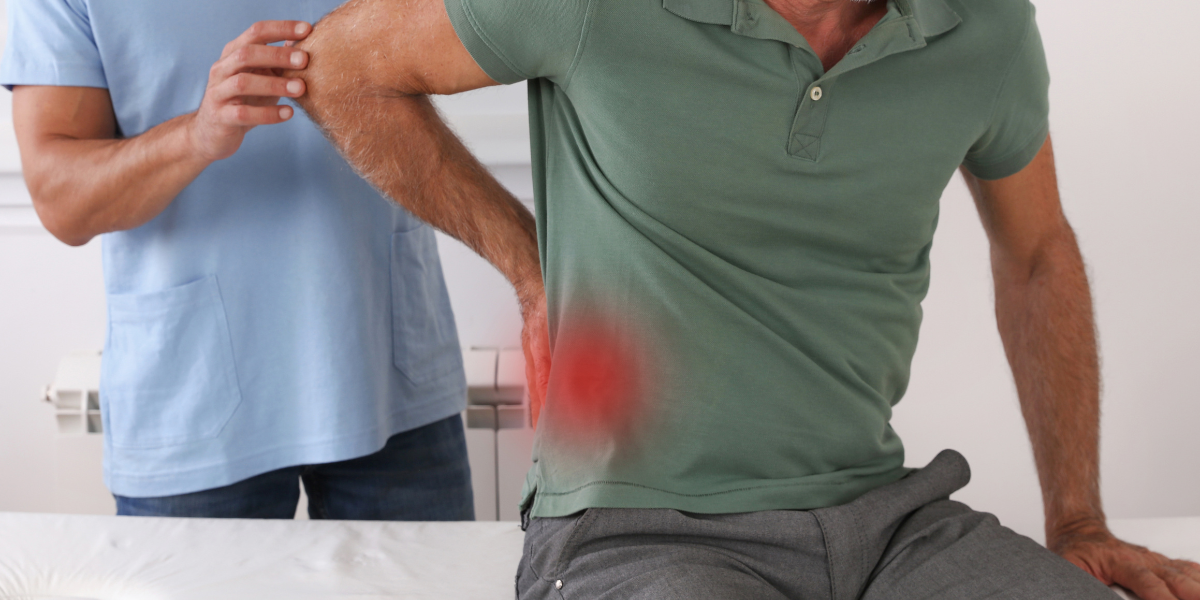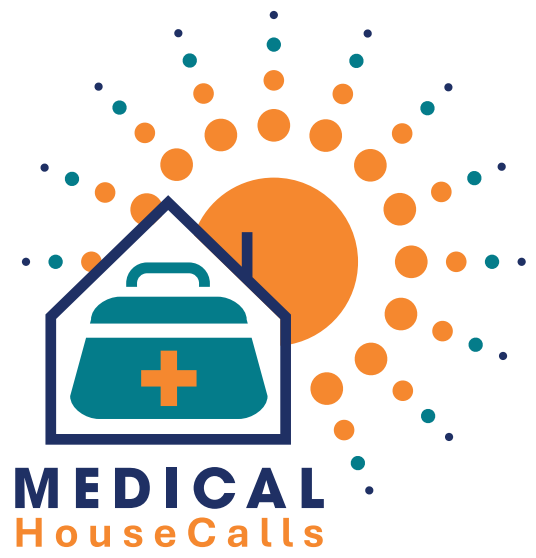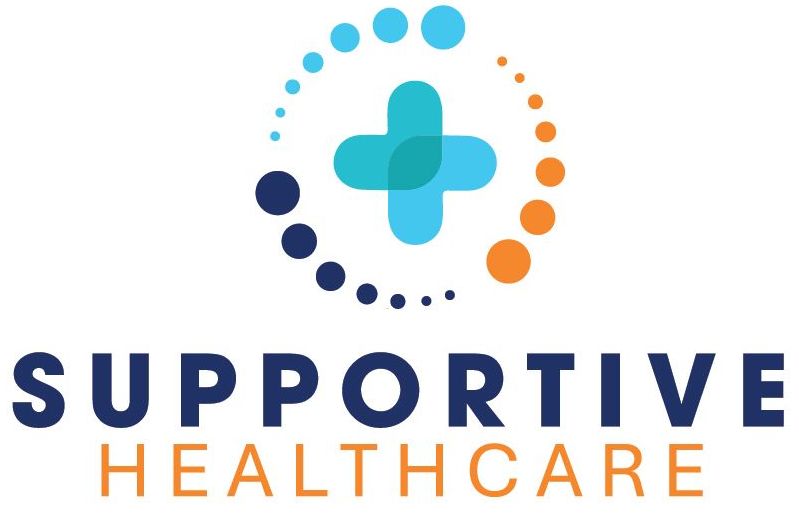KIDNEY DISEASE & HYPERTENSION
Medical HouseCalls


What is Chronic Kidney Disease?
Chronic kidney disease (CKD) means lasting damage to the kidneys that can get worse over time. Damaged kidneys are not able to keep you healthy. They cannot filter your blood well enough and cannot do their jobs as well as they should. Early detection and treatment can often keep kidney disease from getting worse. When kidney disease progresses, it may eventually lead to kidney failure, which requires dialysis or a kidney transplant to maintain life.
Symptoms of Kidney Disease?
Chronic kidney disease usually gets worse slowly, and symptoms may not appear until your kidneys are badly damaged. As such, it is very important that everyone, especially people that are at risk for kidney disease, are routinely seen by their doctor and have regular bloodwork. You may notice one or more of the following symptoms if your kidneys are beginning to fail:
- Foaming of Urine
- Itching
- Muscle Cramps
- Nausea & Vomiting
- Not Feeling Hungry
- Swelling in Your Feet & Ankles
- Too Much Urine or Not Enough Urine
- Trouble Catching Your Breath
- Trouble Sleeping
Who is at Risk?
Anyone can get kidney disease. Some people are more at risk than others. Some things that increase your risk include:
- Diabetes
- High Blood Pressure (Hypertension)
- Heart Disease
- Having a Family Member With Kidney Disease
- Being African-American
- Hispanic
- Native American
- Asian
- Being Over 60 Years Old








